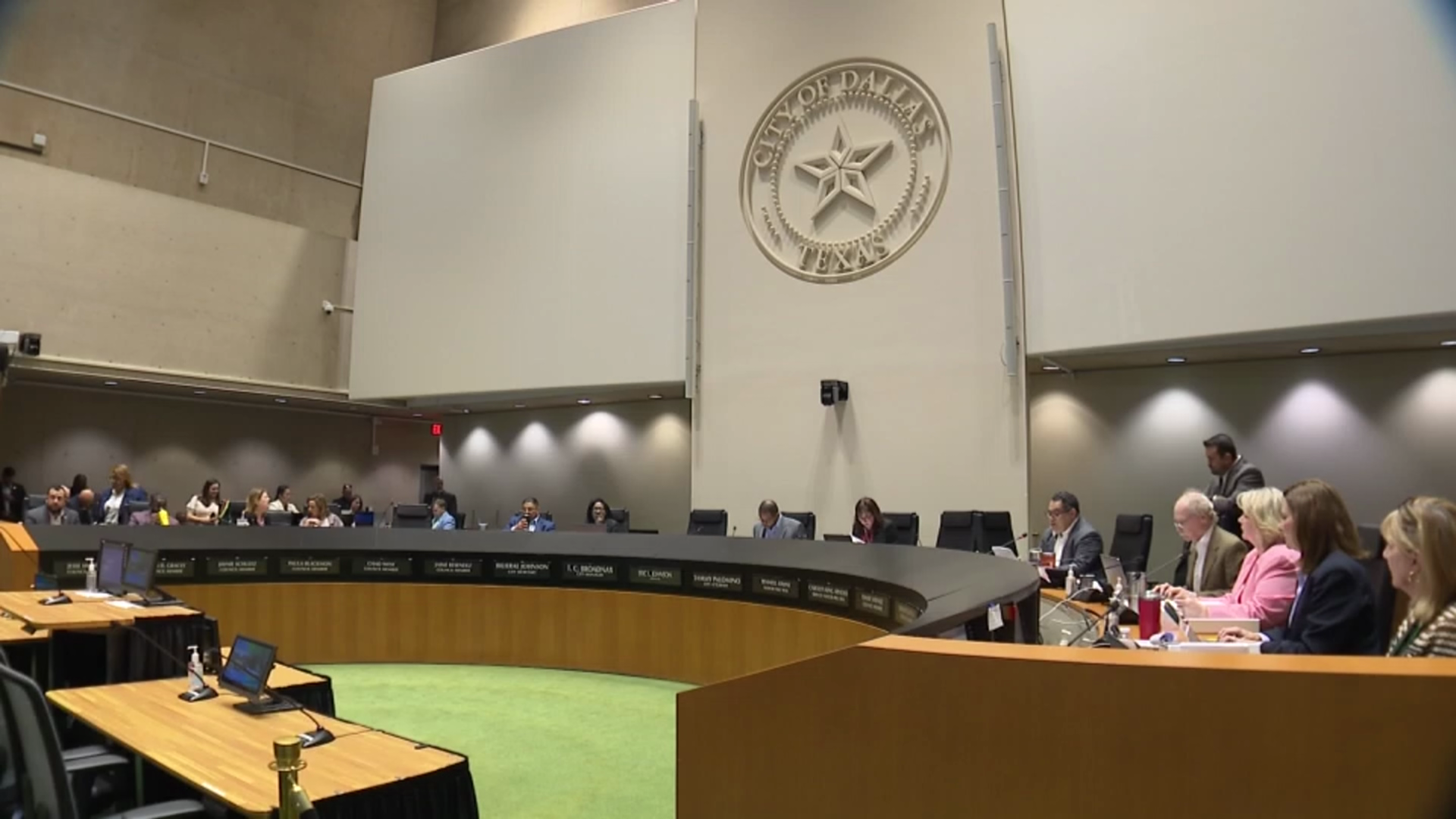Dallas County’s top government official says he’s working to expand COVID-19 testing in low-income, predominantly minority neighborhoods following an NBC 5 investigation that found they are where people are the most vulnerable to the dangerous virus.
County Judge Clay Jenkins said he would work with the county’s health commissioner, Parkland Hospital and the Dallas-Fort Worth Hospital Council to bring more testing to those living in the poorest neighborhoods, including a large swath through South Dallas.
In an exclusive partnership with one of the premier health science centers in the state, NBC 5 Investigates pinpointed neighborhoods where people are most likely to have chronic health conditions, such as heart disease and diabetes, known contributors to exacerbating the damage caused by COVID-19, often leading to serious symptoms and sometimes death.
“They’re more likely to require hospitalization and support from the health care system in order to get through the period of infection,” said Dr. Stephen Linder with the University of Texas Health Science Center at Houston, which worked with NBC 5 Investigates to develop the data.
Linder and other health experts say Dallas leaders must work to increase testing for the neighborhoods where people are already plagued by serious illnesses, poverty and racial disparity.
“You definitely need to,” said Dr. Jamboor Vishwanatha, a professor of molecular and medical genetics and a health disparity researcher at The University of North Texas Health Science Center at Fort Worth.
Vishwanatha said that in Dallas neighborhoods, where many have for years gone untreated for their chronic health problems, finding and isolating COVID-19 patients is even more essential in protecting the entire community.
NBC 5 Investigates
Uncover. Reveal. Expose.
“I think more so than ever, it is very, very important to make these tests accessible to the African-American community,” he said.
In an interview this week, Jenkins said his office is also trying to make sure COVID-19 patients from predominantly minority communities have equal access to quality care.
“We are working to flood your area with the help that you need to make sure that if you need hospitalization…the bed decisions are made on an equitable basis,” he said.
Jenkins also said he is working to add to the testing sites already up and running, one in south Dallas and the other at the American Airlines Center.
In Dallas, 66% of the population is white.
But data released Wednesday by the county’s health department showed white people make up only 26% of the COVID-19 patients who need hospital care, while 72% are African-American or Hispanic.
On a national scale, evidence of disparity is even greater, with the city of Chicago reporting that 70% of its COVID-19 patients who have died are African-American.
In North Texas, the average life expectancy in South Dallas is anywhere from five years to more than 10 years less than in more affluent northern neighborhoods, according to a study last year by the UT Southwestern Medical Center. And in one area, going by zip code 75215, the average life expectancy lags nearly 23 years behind a richer section, located off North Central Expressway, the study found, using death records filed with the state.
*Map locations are approximate, central locations for the city and are not meant to indicate where actual infected people live.



